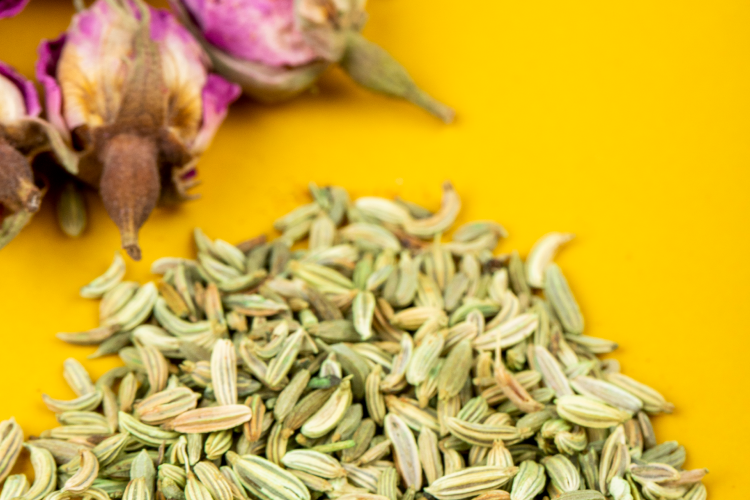
Stomach gas, also known as flatulence, is a normal bodily process that occurs as a result of the digestive system breaking down food. When we eat or drink, we swallow air along with the food and liquid. Additionally, the digestive process produces gases such as nitrogen, oxygen, carbon dioxide, methane, and hydrogen. These gases accumulate in the digestive tract, primarily in the stomach and intestines, leading to the sensation of bloating and the release of gas through belching or passing flatulence.
2. Food and Beverages: Certain foods, such as beans, lentils, cabbage, onions, broccoli, carbonated drinks, and artificial sweeteners, contain sugars or fibers that are difficult to digest, leading to increased gas production.
3. Digestive Disorders: Conditions such as gastroesophageal reflux disease (GERD), irritable bowel syndrome (IBS), lactose intolerance, celiac disease, and inflammatory bowel disease (IBD) can contribute to excessive gas production and related complications.
Here are some home remedies for gas that may help provide relief from occasional or mild gas.
2. Ginger: Ginger is known for its digestive properties and can help alleviate gas and bloating. Drink ginger tea or chew on a small piece of fresh ginger to ease digestive discomfort.
3. Warm Compress: Applying a warm compress to your abdomen can help relax the muscles and reduce gas-related pain or cramps. Use a hot water bottle or a warm towel and place it on your stomach for 10-15 minutes.
4. Fennel Seeds: Fennel seeds have benefits that can lessen gas and bloating and are one of the effective home remedies for gas. After a meal, chew on a teaspoon of fennel seeds or make fennel tea by steeping the seeds in hot water.
5. Activated Charcoal: Activated charcoal can absorb excess gas in the digestive system. Take activated charcoal capsules as directed on the package or as advised by a healthcare professional.
6. Peppermint Oil: Peppermint oil capsules or enteric-coated peppermint oil tablets can help relax the muscles of the gastrointestinal tract, easing gas and bloating. Follow the recommended dosage instructions.
7. Avoid Trigger Foods: Certain foods can contribute to gas and bloating. Common culprits include beans, lentils, cabbage, onions, broccoli, carbonated drinks, and artificial sweeteners. Limit or avoid these foods to see if they help reduce symptoms.
8. Probiotics: Probiotics are beneficial bacteria that can help improve digestion and reduce gas. You can consume probiotic-rich foods like yogurt, kefir, or sauerkraut. Alternatively, you can take probiotic supplements after consulting with a healthcare professional.
Remember, these remedies may provide relief for mild or occasional gas, but for quicker relief, choose Gas-O-Fast, Indian acidity ka asli Indian solution!
Disclaimer This blog solely intended for the educational/informational/awareness purposes and is not a substitute for any professional medical advice, diagnosis or treatment. Please consult your doctor/healthcare professional before acting on the information provided on the blog. Reliance on any or all information provided in the blog, is solely at your own risk and responsibility. Mankind Pharma Limited shall not be held liable, in any circumstance whatsoever.
Recent Posts
POPULAR CATEGORIES
POPULAR TAGS